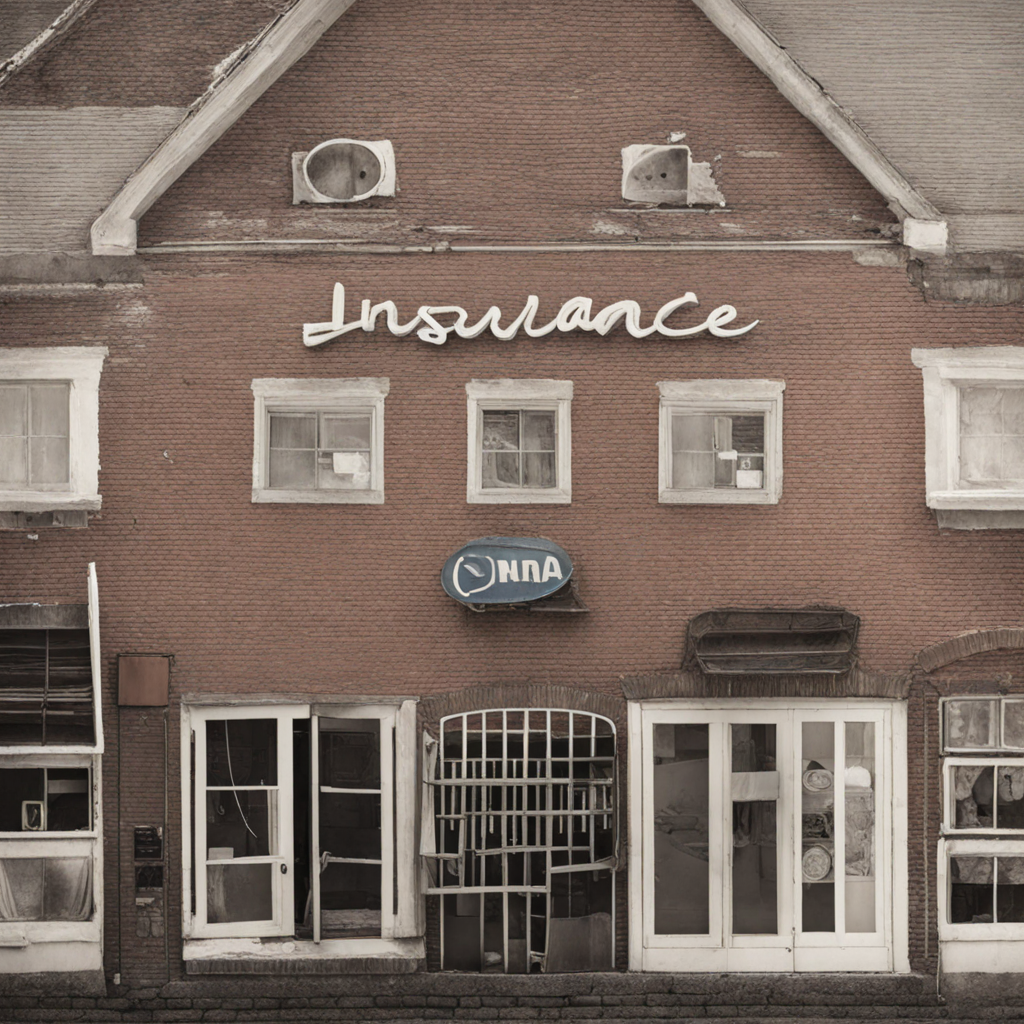Traveling internationally can be an exhilarating experience, but unexpected occurrences can quickly turn an adventure sour. Having the right travel insurance is crucial, but it need not come at a high price. This article will guide you through various strategies to find the best insurance options that won’t break the bank.
1. Understanding Travel Insurance Basics

What Travel Insurance Covers
- Medical emergencies: Cover for hospital visits, medications, and even medical evacuations.
- Trip cancellations and interruptions: Reimbursement if you have to cancel or cut your trip short under qualifying circumstances.
- Lost or stolen luggage: Compensation for the personal belongings that are lost or stolen during your trip.
Types of Travel Insurance
- Single-trip insurance: Ideal for travelers who do not travel frequently.
- Multi-trip or annual policies: Suitable for those who travel multiple times a year.
- Specialized coverage: For activities like extreme sports, or specific travel reasons like studying abroad.
Determining Necessary Coverage
- Evaluating the risks associated with your destination: Assess political stability, healthcare facilities, and weather-related risks.
- Personal health assessment: Consider your current and potential health needs.
- Calculating financial risk without insurance: Weigh the cost of potential losses against the cost of the insurance policy.
2. Choosing the Right Insurance Policy
Comparing Insurance Providers

- Reviewing customer feedback and ratings: Look for trends in customer satisfaction or complaints.
- Comparing prices and coverage options: Find the best balance between cost and an adequate level of coverage.
- Evaluating provider’s responsiveness and support: Consider how easy it is to get help when you need it.
Timing of Purchase
- When to buy insurance for maximum cost-effectiveness: Generally, purchasing just after you book your travel arrangements is recommended.
- Early bird specials vs. last-minute deals: Compare these options to see which one offers better value for your needs.
- Impact of purchasing insurance close to your travel date: Last-minute purchases might be expensive and have limited options.
Policy Exclusions and Limitations
- Understanding common exclusions: Be aware of what is not covered, such as extreme sports unless specifically added.
- Pre-existing condition waivers: Know how pre-existing conditions are handled.
- Geographic and activity restrictions: Some policies restrict coverage in certain countries or for certain activities.
3. Cost-Saving Tips for Travel Insurance
Opting for Higher Deductibles
- How deductibles influence your premiums: Higher deductibles usually lower your premiums.
- Balancing deductible amounts with potential out-of-pocket costs: Choose a deductible that you can afford in case of a claim.
- Scenarios where higher deductibles make sense: If you are a low-risk traveler or have ample emergency funds.
Bundling Insurance with Other Services
- Bundles with flights, accommodations, or car rentals: These can offer convenience and savings.
- Pros and cons of insurance bundles: Evaluate whether the included insurance coverage meets your needs.
- Recommendations for bundling effectively: Always compare the bundled insurance with standalone policies for comprehensive coverage.
Utilizing Credit Card Insurance Benefits
- Understanding coverage typically provided by credit cards: Often limited to trip cancellation and loss of luggage.
- How to ensure adequate coverage through credit cards: Check the specific terms and limits of your card’s coverage.
- Limitations of relying solely on credit card insurance: Typically, less comprehensive than standalone policies.
4. Special Considerations for International Coverage
Region-Specific Concerns
- Particular risks by region or country: Different areas have different risk levels and legal requirements.
- Legal insurance requirements for certain destinations: Some countries require travelers to have specific types of insurance.
- Customizing policies based on travel itinerary: Adjust your coverage based on the activities and regions involved in your trip.
Long-Term vs. Short-Term Travel
- Different insurance needs for varying lengths of stay: Longer stays might need more comprehensive coverage.
- Price breaks for longer-term insurance: Look for policies that offer discounts for extended periods.
- Considerations for frequent international travelers: Annual multi-trip policies can be cost-effective.
Handling Emergencies Abroad
- How insurance companies assist during emergencies: Support with medical care arrangements, translations, and more.
- Steps to take when an emergency occurs: Contact your insurer immediately; know your policy details.
- Importance of having accessible emergency contacts and information: Always have a backup plan and essential contact information handy.
5. Travel Insurance Myth Busting
Common Misconceptions
- Debunking myths about coverage needs: Not all expensive policies are necessarily better.
- Clarifying what travel insurance does not cover: Understand the limitations and exclusions.
Evaluating Need vs. Cost
- When it’s worth it to splurge on higher coverage: Consider the potential financial and health risks.
- Situations where basic coverage is sufficient: For less risky or shorter trips, a basic plan might be viable.
The True Value of Insurance
- Personal anecdotes and expert opinions: Many seasoned travelers stress the peace of mind that comes with having robust insurance.
- How insurance provides peace of mind: It’s about being prepared for the unexpected.
- The cost of insurance vs. potential loss without it: Comparing these costs can put the value of travel insurance into perspective.
Summary
A concise recap of the key points discussed, which highlights actionable steps for travelers seeking cost-effective insurance solutions.
READ ALSO: Income Protection Insurance for Self-Employed Australians
READ ALSO: Save on insurance
FAQs
- What is the difference between single-trip and multi-trip insurance?
- How can I tell if my credit card offers sufficient travel insurance?
- Are there any types of travel that are typically not covered by standard insurance policies?
- What should I do if my travel insurance claim is denied?
- How far in advance should I purchase travel insurance?
